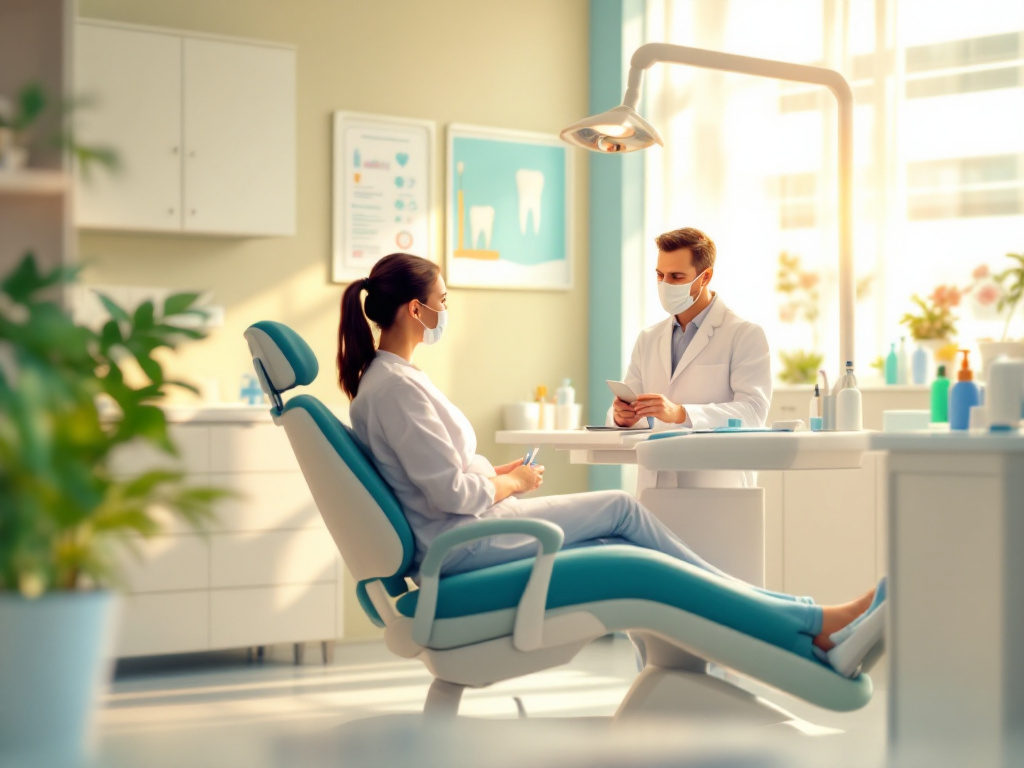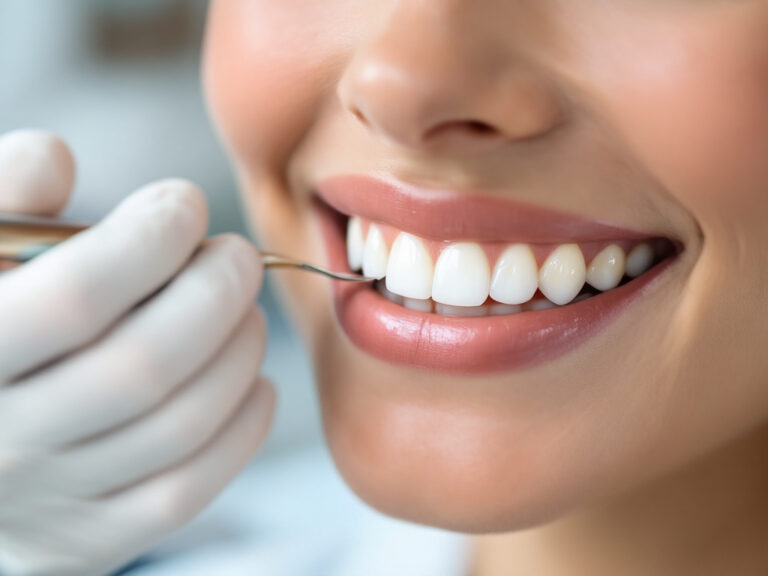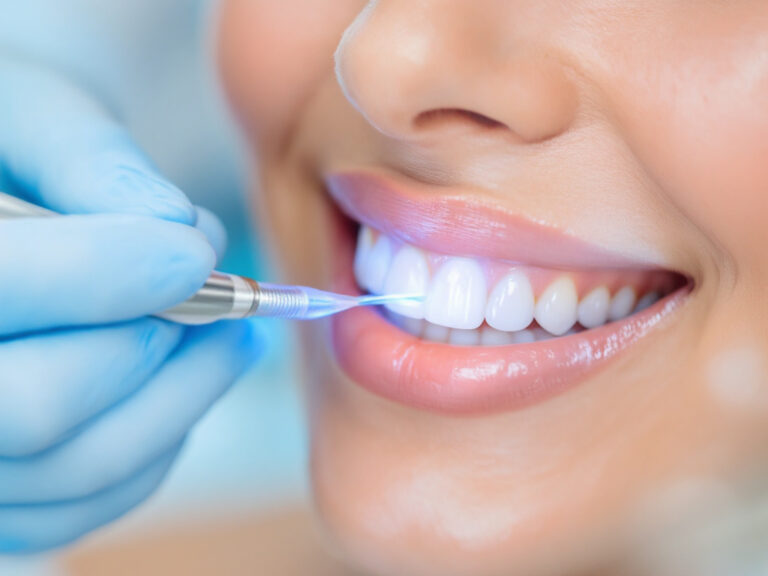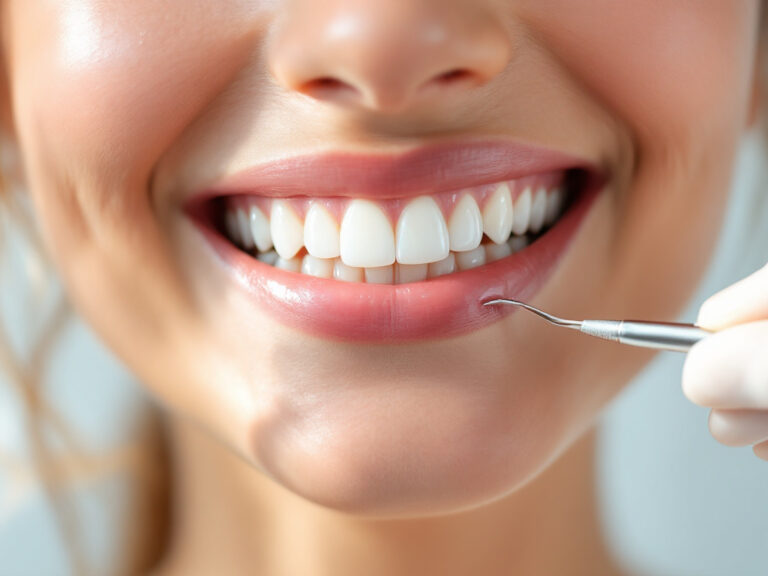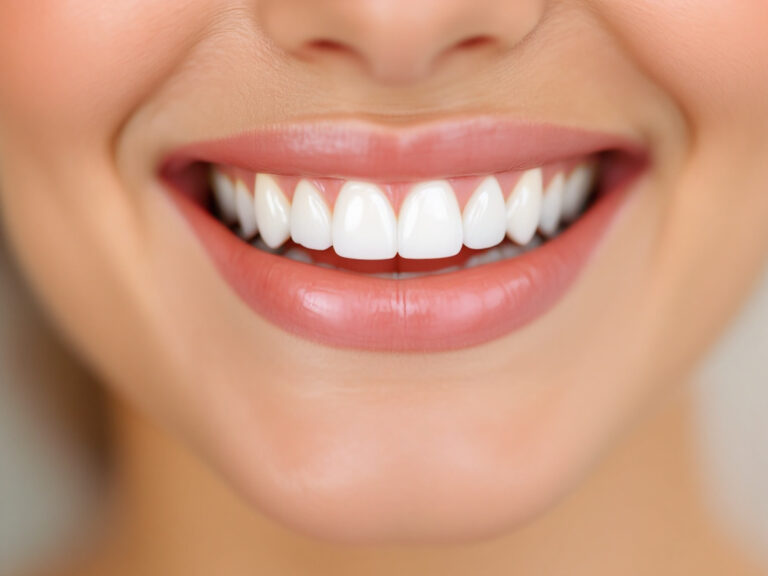Understand preventive care
Routine dental checkup is more than a quick glance at your teeth, it is the cornerstone of lasting oral health. By prioritizing preventive care, you identify small issues before they require extensive treatment. In addition, regular visits help establish a baseline for your overall mouth health, allowing your dentist to tailor a preventive dental care plan that meets your unique needs.
Define routine dental checkup
A routine dental checkup typically includes an examination of your teeth, gums and surrounding structures. Your dentist or hygienist will inspect for early signs of cavities, gum inflammation, oral lesions and other concerns. They may also review X-rays to catch hidden problems like interproximal decay or impacted teeth [1].
Frequency recommendations
Most dental professionals recommend scheduling a checkup every six months, but individual factors can affect this interval. The Centers for Disease Control and Prevention notes routine visits are associated with fewer treatments for oral diseases and lower long-term costs [2].
| Age group | Recommended interval |
|---|---|
| Children (1–17) | Every 6 months |
| Adults (18–64) | Every 6–12 months |
| Seniors (65+) | Every 6 months |
| High-risk patients | Every 3–4 months |
Risks of skipping visits
Missing your routine checkup can lead to:
- Progressive tooth decay that necessitates fillings or crowns
- Gum disease advancing to periodontitis
- Delayed diagnosis of oral cancer or systemic health issues
- Increased treatment costs and more invasive procedures
Plan regular appointments
Making your dental visits a priority starts with effective planning. Whether you need a new patient dental exam or are returning for maintenance, selecting an insurance accepted dental office ensures you maximize benefits and minimize out-of-pocket expenses.
Ideal checkup schedule
- Book your first visit by your first birthday, then every six months thereafter [3].
- If you have active gum disease or risk factors like smoking, aim for appointments every three to four months.
Schedule for children and adults
Family schedules can be coordinated to save time:
- Pair your child’s visit with a family dental care services block
- Request morning slots if you prefer shorter wait times
- Plan visits around major life events to avoid conflicts
By syncing your checkups and confirming coverage in advance, you reduce stress and stay on track with preventive care.
Prepare for your checkup
Arriving ready for your appointment helps you and your dental team focus on thorough care. A little preparation goes a long way toward a smooth, productive visit.
What to bring
- List of current medications and dosages
- Recent X-rays or treatment notes, if you are new to the practice
- Dental insurance card and photo ID
- Questions about symptoms or cosmetic goals
Pre exam guidelines
- Brush and floss before your visit to remove surface debris
- Avoid eating sticky or staining foods at least two hours prior
- Note any changes in your mouth—such as sensitivity or bleeding gums—to discuss during your dental exam appointment
Taking these steps ensures your provider can focus on core assessments rather than logistics.
Explore exam components
A comprehensive checkup involves several key elements designed to catch issues early and maintain a healthy smile. Understanding each component helps you appreciate their value.
Oral assessment focus
During an oral health evaluation, your dentist inspects:
- Tooth integrity, looking for cracks or decay
- Gum tissues, checking for redness or pockets
- Jaw function, listening for signs of TMJ disorders
- Soft tissues, screening for lesions or ulcers [4]
Professional cleaning
Plaque and tartar removal by a dental hygienist is more thorough than home care alone. A professional teeth cleaning session:
- Removes calculus buildup
- Polishes tooth surfaces
- Reduces risk of gum inflammation and tooth decay [1]
X-ray screening
Digital radiographs reveal issues not visible to the naked eye:
| X-ray type | Purpose | Time needed |
|---|---|---|
| Bite-wing | Detects interproximal decay | 2–5 minutes |
| Full-mouth series | Comprehensive structural view | 10–15 minutes |
| Panoramic | Evaluates jaw and sinuses | 5–10 minutes |
Regular imaging intervals vary based on risk factors, often every 6–36 months [5].
Benefit from treatments
Your checkup often includes preventive therapies that protect enamel and impede disease progression. These interventions are cost-effective compared with restorative procedures.
Fluoride application
Topical fluoride strengthens enamel and reverses early decay. An in-office treatment, such as a varnish or tray application, takes minutes and can close enamel pores. To learn more, see fluoride treatment for adults.
Dental sealants
Sealants are thin coatings applied to molars to prevent food and bacteria from lodging in pits and fissures. This simple procedure reduces cavities by up to 80 percent in high-risk teeth [6]. Book a dental sealant application for added protection.
Early gum disease evaluation
Low-grade inflammation can be reversed with timely intervention. A gum disease evaluation may include pocket depth measurements and targeted cleanings under a periodontal maintenance program.
Preventing tooth decay
Your dental team can recommend a tooth decay prevention program that combines topical agents, dietary counseling and home care adjustments.
Use insurance coverage
Navigating benefits and co-pays empowers you to access preventive care without financial uncertainty. Many plans fully cover two cleanings and exams per year.
Accepted insurance plans
- Verify in-network status at an insurance accepted dental office
- Understand annual maximums and deductibles
- Check for child dependents’ coverage under family plans
Cost saving tips
- Schedule checkups before December expiration of benefits
- Ask about in-office financing for treatments beyond preventive care
- Enroll in your provider’s membership plan if uninsured, similar to affordable preventive dentistry
By maximizing your benefits, you reduce out-of-pocket costs for essential services such as professional dental hygiene services.
Maintain home routines
Your daily oral hygiene habits build on the foundation laid during professional visits. A custom approach keeps you on track between checkups.
Personalized hygiene plan
Work with your hygienist to develop a custom dental hygiene plan that may include:
- Brushing twice daily with a soft-bristle brush
- Flossing or using interdental cleaners once a day
- Antimicrobial rinses or prescription gels for specific concerns
Lifestyle and diet advice
Small adjustments in your routine can yield big results:
- Limit sugary and acidic foods that erode enamel
- Drink water after meals to neutralize acids
- Use a straw for acidic beverages
- Replace your toothbrush every three months or after illness
Seek specialized care
Even with solid preventive habits, you may need targeted treatments for specific issues. Regular checkups ensure these needs are identified early.
Tooth sensitivity solutions
If you experience sharp pain when eating hot or cold items, discuss tooth sensitivity treatment. Options include desensitizing agents, high-fluoride gels or resin applications that seal exposed dentin.
Oral cancer screening
Early detection of oral cancer can be life-saving. During your routine visit, a visual and tactile exam looks for lumps, red or white patches and other warning signs [7]. For a focused evaluation, ask about oral cancer screening.
By understanding the full scope of a routine dental checkup—from preventive assessments and professional cleanings to insurance navigation and home care—you empower yourself to maintain optimal oral health. Schedule your next visit today to protect your smile and overall wellbeing.

